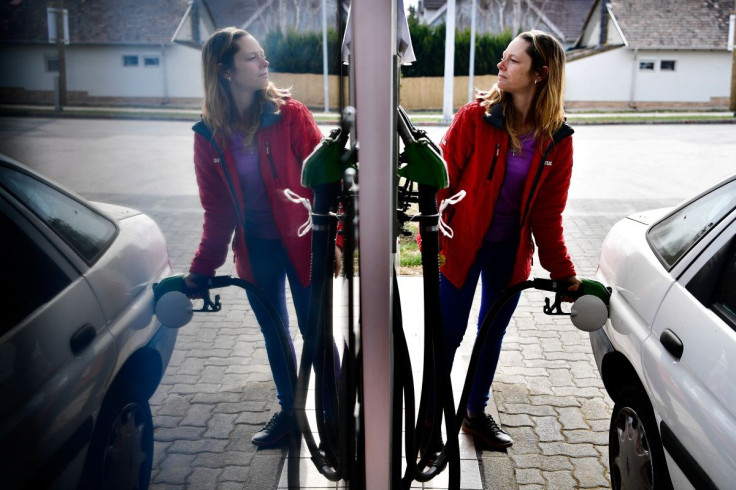BlackRock CEO Says War In Ukraine Will Drive Faster Adoption Of Cryptocurrency, Green Energy
Russia’s war in Ukraine has hit the global economy like an earthquake, and the aftershocks are likely to accelerate a shift towards greener energy and cryptocurrency, according to the CEO of the world’s largest asset manager.
In a letter to shareholders on Thursday, BlackRock CEO Larry Fink addressed the consequences of the war in Ukraine, warning that it was likely to accelerate the severing of links between national economies and prompt a rethinking by governments and companies about their dependencies on other countries.
"Russia’s aggression in Ukraine and its subsequent decoupling from the global economy is going to prompt companies and governments worldwide to re-evaluate their dependencies and re-analyze their manufacturing and assembly footprints – something that Covid had already spurred many to start doing," Fink wrote in his letter.
Among the shifts that the war has already accelerated are the trends towards greener energy and cryptocurrencies, said Fink.
Pointing to conversations around how to reduce any energy dependence on Russia among Western nations, Fink suggested that this would add impetus to the adoption of green energy as an alternative to Russian supplies of oil and natural gas.
By invading Ukraine, Western nations and those like Japan who purchased from Russian energy suppliers are now put in a position where they must reduce their dependence on a perceived adversary to both ensure national security and energy security for their economies.
The CEO acknowledges that in the short term Western governments cutting ties to Russia’s energy sector will likely set back goals to reach net-zero emissions. Governments, including in the U.S., are already encouraging more oil and natural gas production to stave off inflation and keep their economies humming. However, Fink said he believes these trends will develop into a wider adoption of greener energy sources in the future.
"Longer-term, I believe that recent events will actually accelerate the shift toward greener sources of energy in many parts of the world," Fink wrote. "More than ever, countries that don’t have their own energy sources will need to fund and develop them."

Fink also addressed the move towards cryptocurrencies, something that he believes will also take on more urgency as a result of the war. To date, cryptocurrency values have surged from demand from Russian and Ukrainian users and it has served as a lifeline for many who have found themselves cut off from the foreign currencies or to protect against inflation caused by sanctions.
To this end, Fink said that the war will likely intensify ongoing conversations about the role national governments play in dealing with cryptocurrencies. One possibility he points to is the potential adoption of a digital payment system to bring down costs on cross-border transactions.
“A global digital payment system, thoughtfully designed, can enhance the settlement of international transactions while reducing the risk of money laundering and corruption,” Fink wrote. “Digital currencies can also help bring down costs of cross-border payments, for example when expatriate workers send earnings back to their families.”
BlackRock is the world’s largest asset manager with nearly $10 trillion in assets under its management. Prior to the war, BlackRock had a fairly small exposure to the Russian market with only an estimated $18 billion in assets allocated to the country. That figure fell to $1 billion after the crisis escalated, making up about 0.01% of its portfolio.
© Copyright IBTimes 2025. All rights reserved.





















